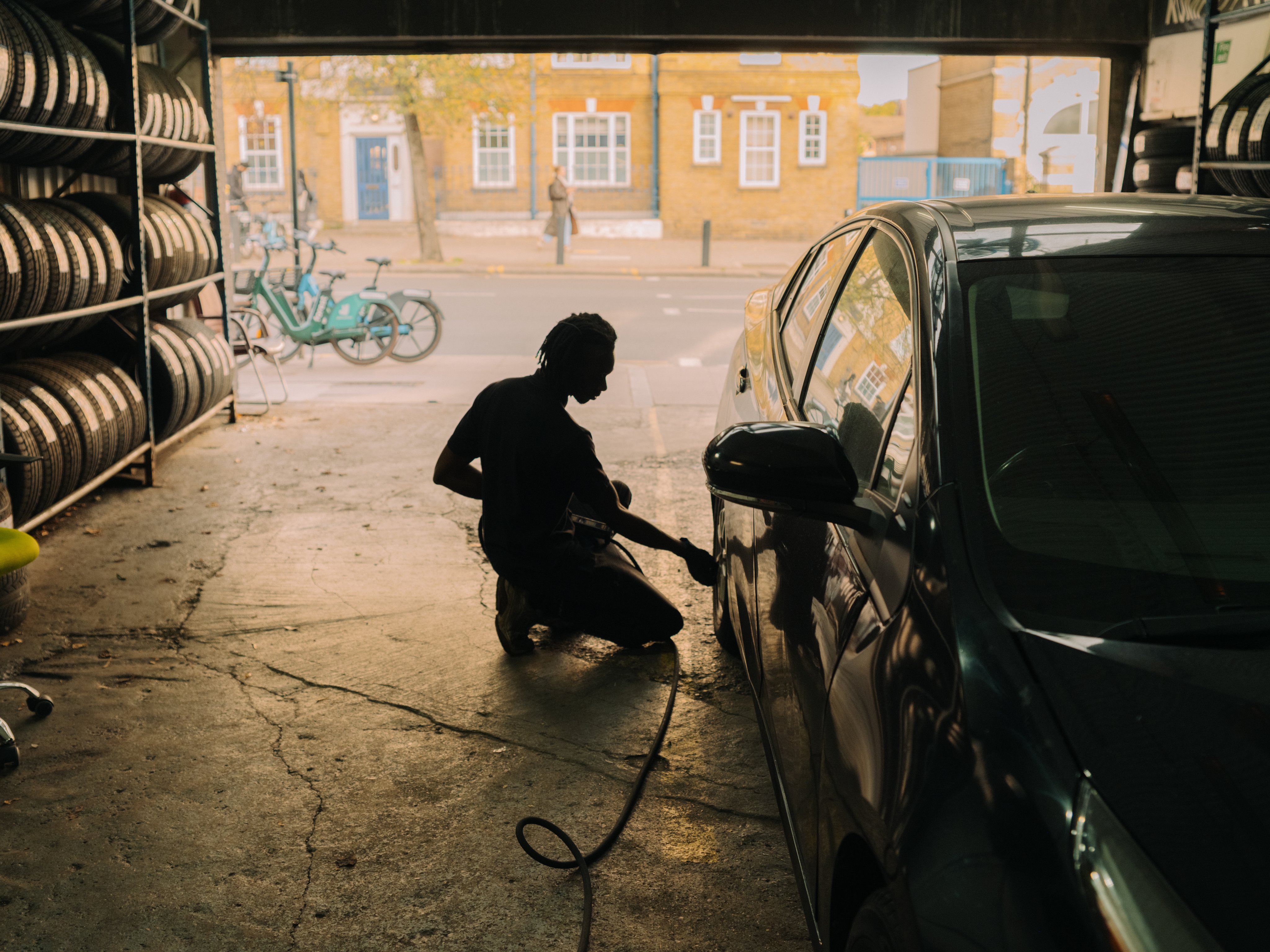What the first COVID-19 lockdown meant for people in insecure, poor-quality work
Despite the measures to support incomes and jobs during this period of enforced social distancing, many workers have been cast adrift by gaps in the Government’s support.
While workers across the country have faced huge financial difficulties over the past year, our analysis shows that people in poor-quality jobs have felt the effects differently. We may be in the same storm, but we are not in the same boat.
People struggling to escape poverty, and people more likely to experience in-work poverty, have been put under even greater pressure during COVID-19 because they are at significantly higher risk of losing their job or having their hours reduced.
It is important the Government recognises that financial challenges are heightened for some workers, and makes job quality a priority as we aim to ‘build back’ with a stronger economy.
Key findings
- Workers who have fallen through the cracks in the Government schemes were those most exposed to insecurity and most at risk of poverty. People on zero-hours or temporary contracts were four times more likely to lose their job, and self-employed people were three times more likely to stop working compared to people on permanent contracts. The lowest-paid workers and part-time workers were twice as likely to lose their jobs compared to the highest paid.
- Workers in poor-quality jobs in terms of security, hours and pay were disproportionately at risk of losing their job or having reduced hours, even compared to workers in the same sector and with the same personal and other job characteristics.
- The results highlight one of the dangers of having a large number of insecure jobs during an economic downturn, and the need for a long-term solution where job quality should be a priority in order to deliver a stronger, fairer economy for the future, and better-quality jobs for low-paid workers across the UK.

This briefing is part of the work topic.
Find out more about our work in this area.